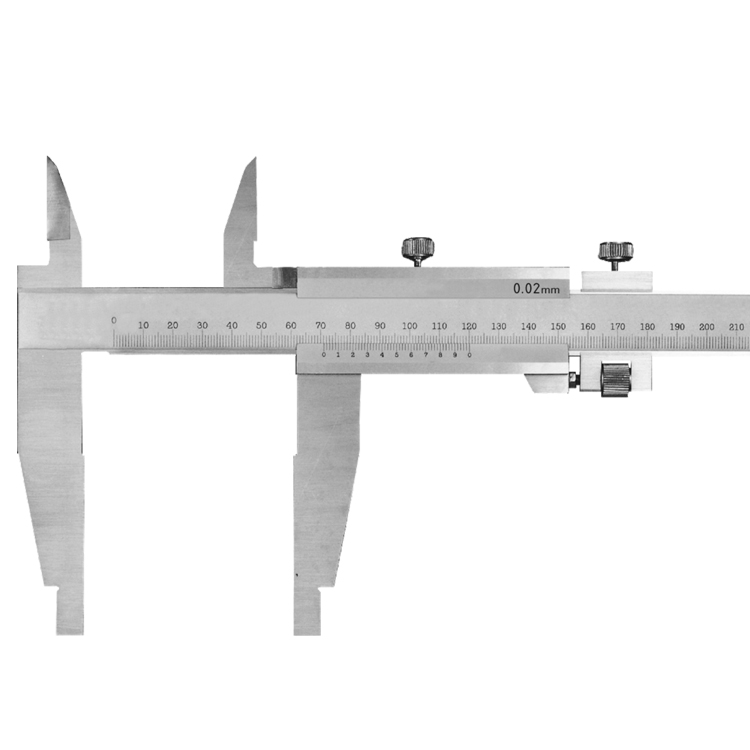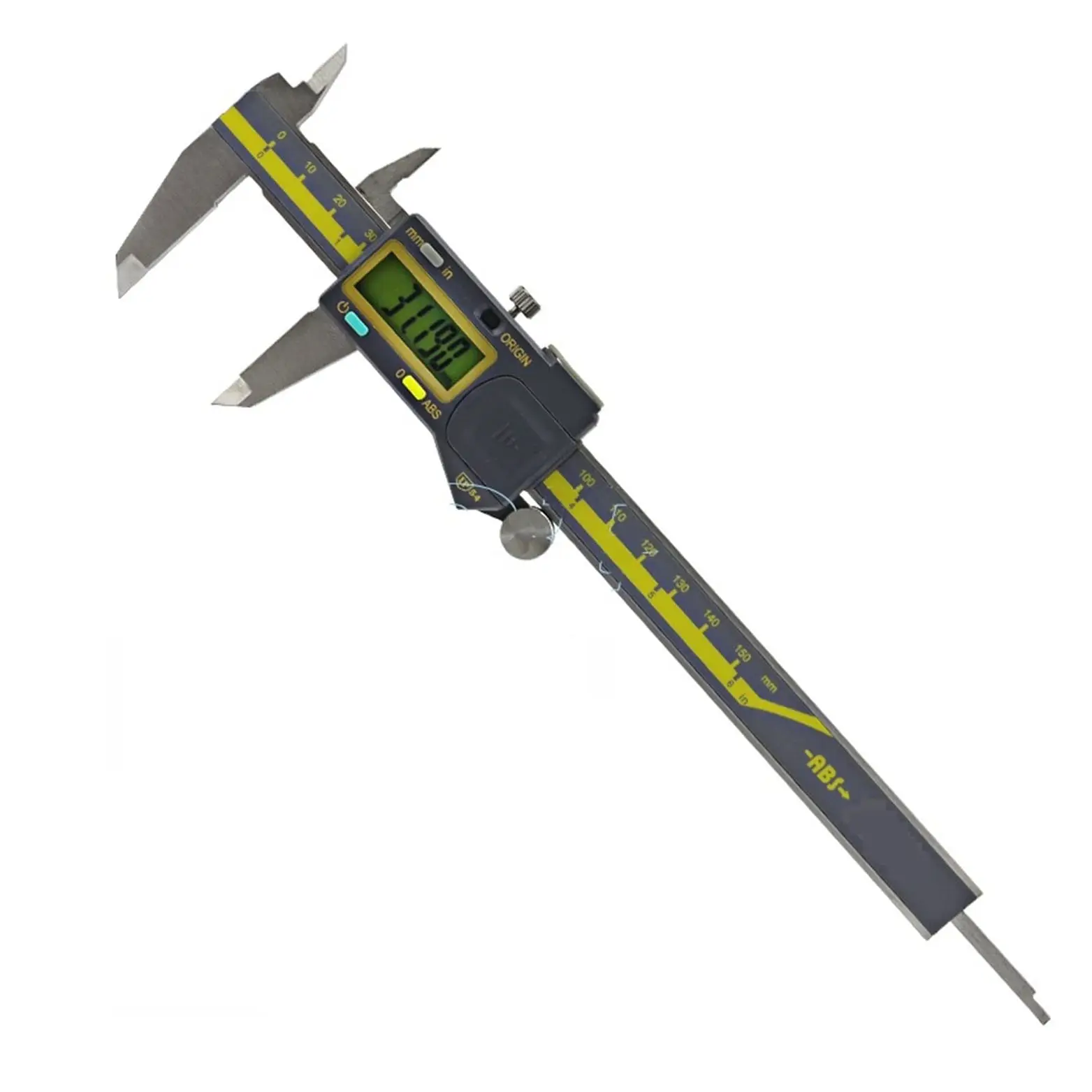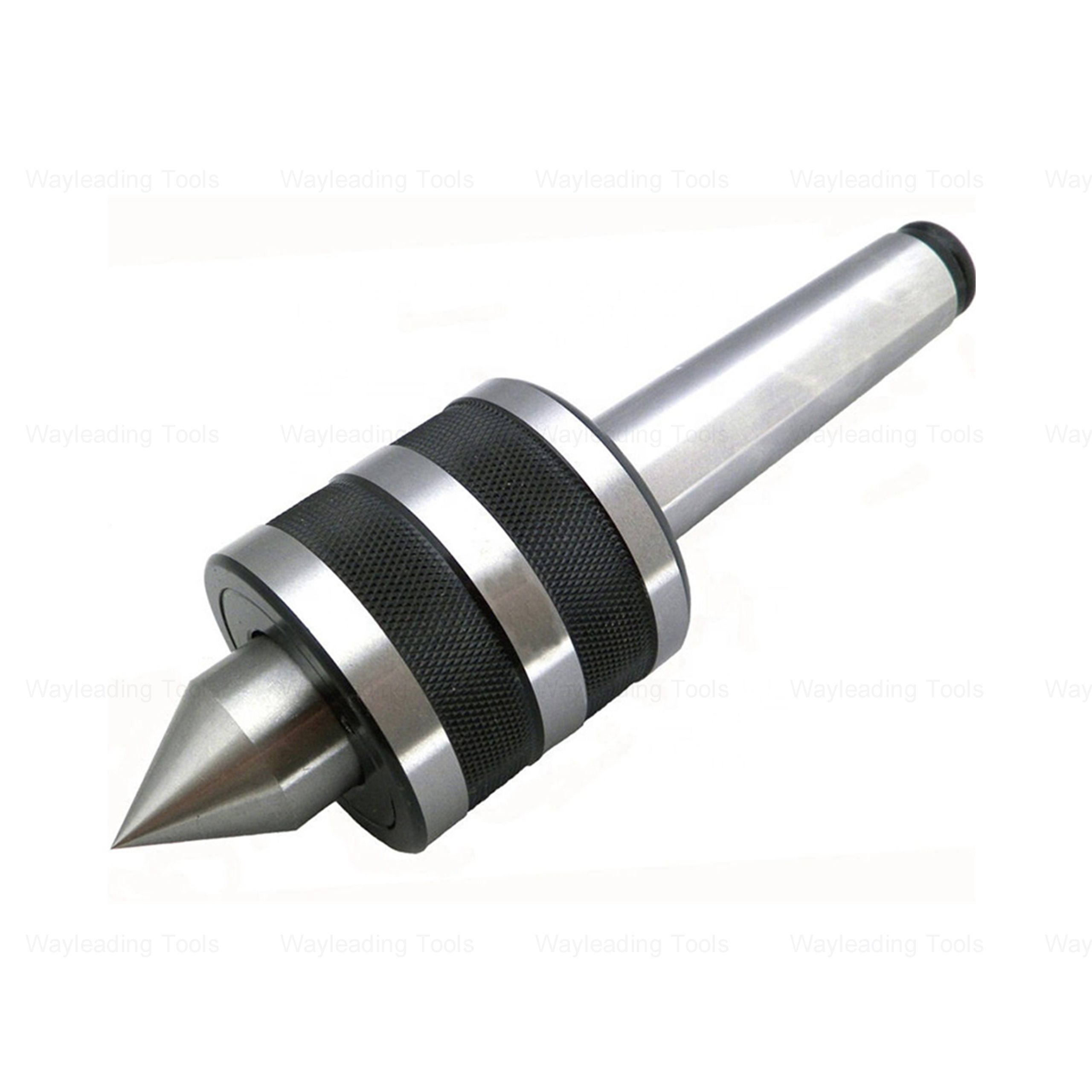milling bit Manufacturers
Finding the right milling bit manufacturers can be a challenge. This guide provides a comprehensive overview of what to look for in a manufacturer, the different types of milling bits available, and factors to consider when making your selection. Explore materials, coatings, and applications to find the perfect partner for your machining needs.
Understanding Milling Bits and Their Applications
Milling bits are essential cutting tools used in various industries, from woodworking to metalworking. Selecting the right bit is crucial for achieving precision and efficiency in your projects. Different materials, coatings, and geometries are designed for specific applications.
Types of Milling Bits
Understanding the different types of milling bits is essential for choosing the right tool for the job. Here's an overview:
- End Mills: Versatile bits used for profiling, slotting, and plunge cutting. Available in square, ball nose, and corner radius geometries.
- Ball Nose Mills: Ideal for creating 3D contours and complex shapes.
- Corner Radius Mills: Used to create rounded edges and reduce stress concentrations in machined parts.
- Face Mills: Designed for creating smooth, flat surfaces.
- Slot Drills: For cutting slots and grooves with a flat bottom.
- Engraving Bits: Precise bits used for detailed engraving and marking.
Materials Used in Milling Bits
The material of a milling bit directly impacts its performance and lifespan. Common materials include:
- High-Speed Steel (HSS): A cost-effective option for general-purpose milling. Suitable for softer materials like aluminum and wood.
- Cobalt HSS: Offers improved heat resistance and wear resistance compared to HSS. Better for machining tougher materials.
- Carbide: Provides excellent hardness and wear resistance, making it ideal for high-speed milling of hard materials like steel and titanium.
- Solid Carbide: A more durable option compared to standard carbide milling bits.
Coatings for Milling Bits
Coatings enhance the performance and longevity of milling bits. Common coatings include:
- Titanium Nitride (TiN): Improves hardness and reduces friction.
- Titanium Carbonitride (TiCN): Offers higher hardness and wear resistance than TiN.
- Aluminum Titanium Nitride (AlTiN): Provides excellent heat resistance and is ideal for high-speed machining.
- Diamond-Like Carbon (DLC): Reduces friction and prevents material build-up.
Factors to Consider When Choosing Milling Bit Manufacturers
Selecting the right milling bit manufacturers is critical to ensuring the quality, performance, and reliability of your cutting tools. Consider the following factors:
Experience and Reputation
Look for manufacturers with a proven track record and a strong reputation in the industry. Check online reviews and ask for referrals from other businesses. Wayleading Tools is a reputable manufacturer with years of experience in providing high-quality cutting tools.
Product Quality and Consistency
The quality of milling bits can vary significantly between manufacturers. Request samples to evaluate the quality and consistency of their products. Ensure the bits are made from high-quality materials and meet your specific requirements.
Customization Options
If you require custom milling bits for specialized applications, choose a manufacturer that offers customization options. This includes modifying the geometry, material, or coating of the bits to meet your exact needs. Wayleading Tools specializes in custom cutting tools.
Pricing and Lead Times
Compare pricing from different manufacturers to ensure you are getting a competitive rate. Also, consider the lead times for order fulfillment, especially if you have urgent requirements. Balance cost with delivery time to find the optimal solution.
Technical Support and Customer Service
Choose a manufacturer that provides excellent technical support and customer service. They should be able to answer your questions, provide guidance on selecting the right bits, and resolve any issues that may arise. Good customer service ensures a smooth and efficient procurement process.
Top Milling Bit Manufacturers: A Brief Overview
While a comprehensive list is beyond the scope of this article, here are some well-regarded milling bit manufacturers you might consider:
- Wayleading Tools (www.wayleading.com): Specializing in custom cutting tools and high-quality milling bits for various industries.
- [Other Reputable Manufacturers] (Please note that I can't make specific recommendations about other companies without actual knowledge)
Applications and Industries Served
Milling bits are used across numerous industries. Here are a few examples:
- Aerospace: Manufacturing precision components for aircraft and spacecraft.
- Automotive: Machining engine parts, molds, and dies.
- Medical: Creating surgical instruments and implants.
- Electronics: Producing circuit boards and electronic components.
- Woodworking: Crafting furniture, cabinetry, and decorative items.
Maintaining and Caring for Milling Bits
Proper maintenance is essential for extending the lifespan of your milling bits. Here are some tips:
- Clean the bits after each use: Remove any chips, debris, or coolant residue.
- Store the bits in a dry place: Prevent rust and corrosion by storing the bits in a moisture-free environment.
- Sharpen the bits regularly: Dull bits can cause poor surface finish and increased tool wear.
- Use the correct cutting parameters: Follow the manufacturer's recommendations for speed, feed, and depth of cut.
Troubleshooting Common Milling Bit Problems
Even with proper care, you may encounter issues with your milling bits. Here are some common problems and their solutions:
- Chatter: Reduce the cutting speed or increase the feed rate.
- Excessive wear: Use a harder material or coating.
- Poor surface finish: Use a finer grit bit or reduce the feed rate.
- Bit breakage: Reduce the cutting depth or use a more rigid setup.
Milling Bit Selection Guide: Matching Bit to Material
Choosing the right milling bit for the material you are working with is crucial. Below is a simplified table for guidance (always consult the manufacturer's recommendations):
| Material | Recommended Bit Material | Notes |
|---|---|---|
| Aluminum | HSS, Carbide | Use coolant to prevent sticking. |
| Steel | Carbide, Cobalt HSS | AlTiN coating recommended for high-speed steel. |
| Stainless Steel | Carbide | Lower cutting speeds are generally required. |
| Wood | HSS, Carbide | Carbide for harder woods. |
| Plastics | HSS, Carbide | Specialized plastic cutting bits are available. |
Conclusion
Choosing the right milling bit manufacturers and understanding the different types of bits available is essential for achieving optimal results in your machining operations. By considering the factors outlined in this guide, you can make informed decisions and ensure that you have the right tools for the job.
Related products
Related products
Best selling products
Best selling products-
 Inch HSS 1/2″ Reduce Shank Drill Bit For Metal Cutting Of High Precision
Inch HSS 1/2″ Reduce Shank Drill Bit For Metal Cutting Of High Precision -
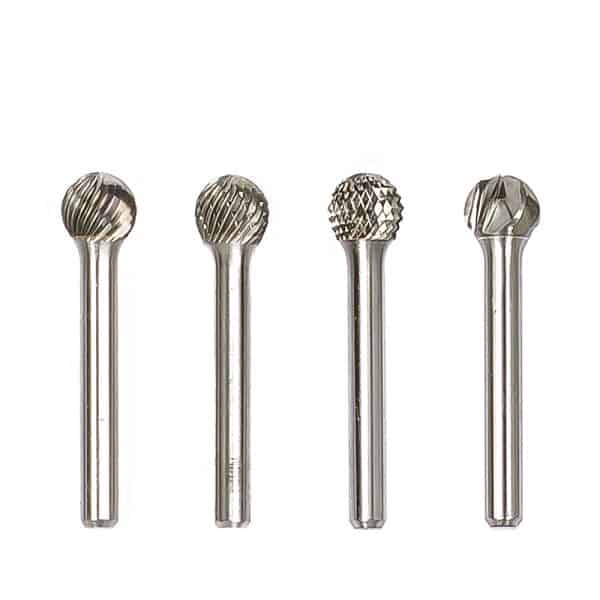 Type D Ball Tungsten Carbide Rotary Burr
Type D Ball Tungsten Carbide Rotary Burr -
 HSS Metric & Inch Dovetail End Mill With 45 And 60 Degree For Industrial
HSS Metric & Inch Dovetail End Mill With 45 And 60 Degree For Industrial -
 DIN4971-ISO1 Carbide Tipped Tool Bit With Right And Left Hand
DIN4971-ISO1 Carbide Tipped Tool Bit With Right And Left Hand -
 Precision Outside Micrometer Of Inch & Metric With Rachet Stop
Precision Outside Micrometer Of Inch & Metric With Rachet Stop -
 Precision 2pcs Angle Blocks Set With High Quality Type
Precision 2pcs Angle Blocks Set With High Quality Type -
 HSS Inch Taper Shank Twit Drills For Metal Cutting Of High Precision
HSS Inch Taper Shank Twit Drills For Metal Cutting Of High Precision -
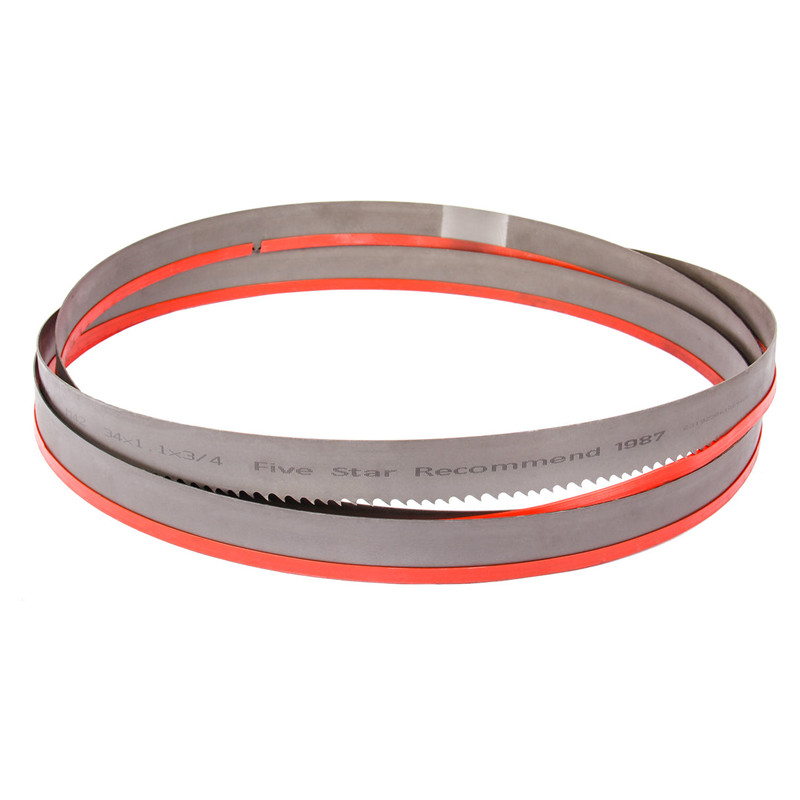 M51 Bi-Metal Bandsaw Blades For Industrial Type
M51 Bi-Metal Bandsaw Blades For Industrial Type -
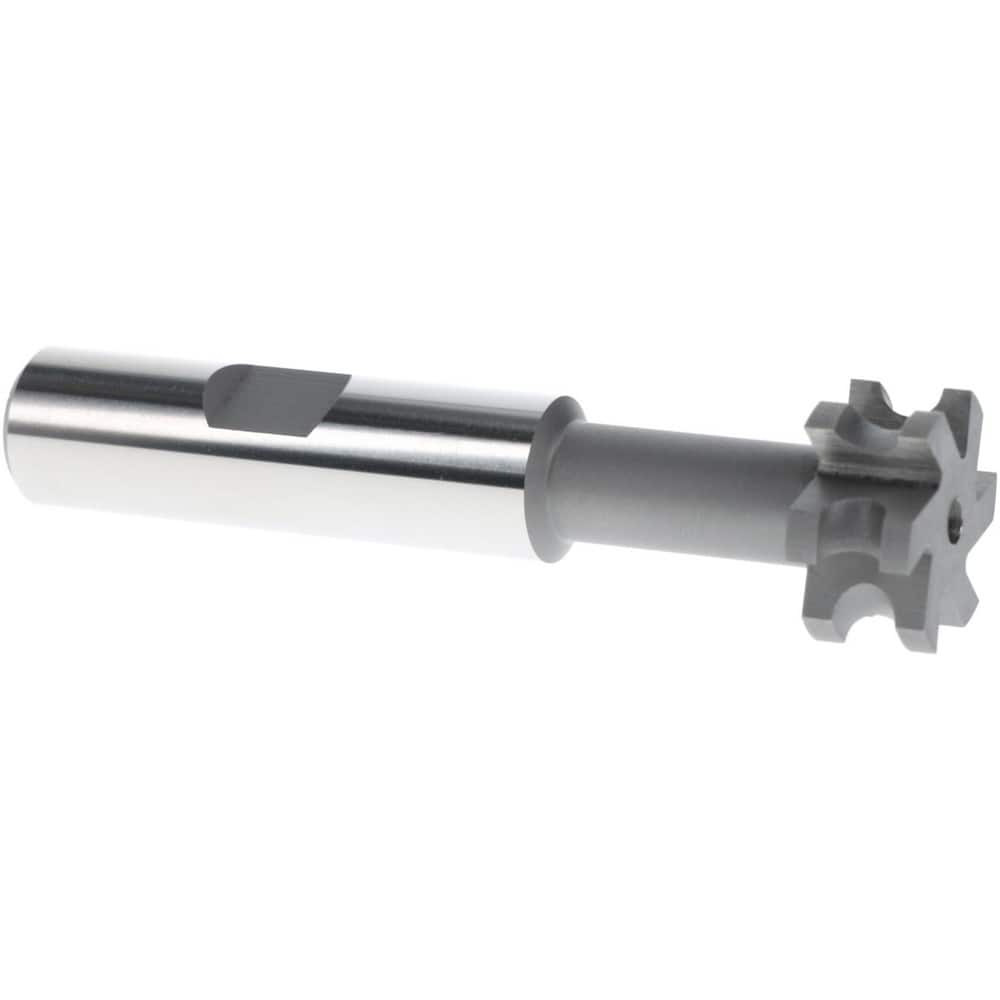 HSS Inch Concave Milling Cutter For Industrial
HSS Inch Concave Milling Cutter For Industrial -
 Depth Vernier Gauge With Stainless Steel And Monoblock Depth Type
Depth Vernier Gauge With Stainless Steel And Monoblock Depth Type -
 Precision Monoblock Vernier Caliper – Metric & Inch, Industrial Use
Precision Monoblock Vernier Caliper – Metric & Inch, Industrial Use -
 MT/R8 Shank Quick Change Tapping Chuck With MT & R8 Shank
MT/R8 Shank Quick Change Tapping Chuck With MT & R8 Shank


